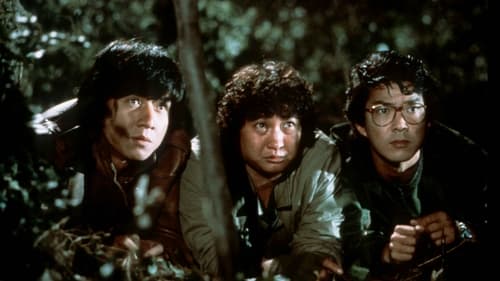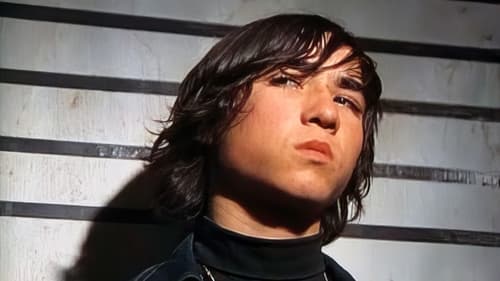
Moby's Friend in Restaurant (uncredited)
スペイン・バルセロナ。カンフーの達人トーマスとデビッドは、ある日、怪しい男たちに追われる謎の美女シルビアを助ける。友人のヘボ探偵・モビーの手を借り、実はシルビアが伯爵の娘で、彼女の遺産を狙う伯爵の弟が一味の黒幕だと知ったトーマスたち。だが度重なる激しい襲撃に、ついにシルビアがさらわれてしまう。3人は彼女を助けるため、最強の戦闘集団と壮絶な肉弾戦を繰り広げる! ジャッキー、サモ・カン、ユン・ピョウの黄金トリオが再集結し、バルセロナを中心に全編オールロケを敢行。終盤には3人それぞれの決闘シーンがあり、中でもジャッキーとマーシャルアーツ世界王者ベニー・ユキーデが拳を交える、スピーディな攻防は圧巻だ。

Sacerdote

In the middle of the first world war, Barcelona is the center of multiple operations related to war, although Spain is a neutral country.

Hombre del lavabo (uncredited)

Pasajero

Priest

Mariano
Perros Callejeros is based on the juvenile delinquency of the 1970s and 80s in Spain. The story is set in Barrio de la Mina in Barcelona one of the most conflict neighbourhoods in Spain. The characters chosen were real juvenile delinquents all with criminal records, which the director used to give the film a realistic touch. This film is very powerful and dramatic, it shows how these kids were brought up to survive on the streets.

Lozana, a young, beautiful and clever woman decides to move to the city after a tragic love story. There, she meets Rampin, a naughty rascal who soon finds out that her wit surpasses his own by a handful. When he falls in love with her, he can't help suffering as he sees how she plays not only with him, but with all of her lovers as well.

The film depicts ten years of Catalan history, from 1899 with the defeat of the Spanish side in the Cuban War of Independence to the Tragic Week 1909.

Tonet
Set near Barcelona at the time of the outbreak of the Spanish Civil War in 1936, this epic drama explores the adventures suffered by an uncommitted vacationing family caught unawares by the conflict. In focusing on the war's effects on the family, this film was able to offer much more devastating commentary than would normally have been permitted in the late Franco era.





